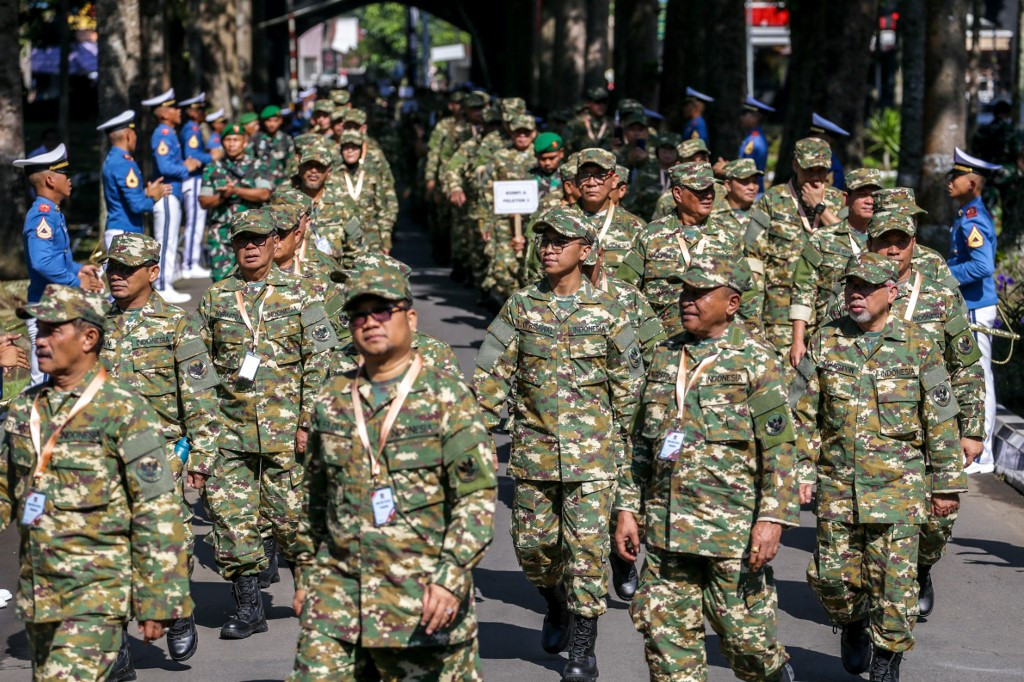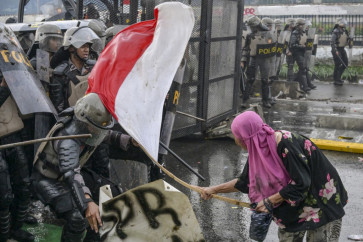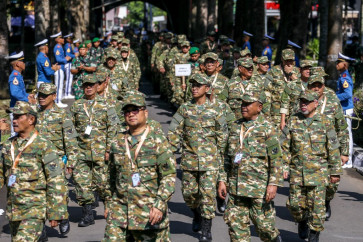Popular Reads
Top Results
Can't find what you're looking for?
View all search resultsPopular Reads
Top Results
Can't find what you're looking for?
View all search resultsDecentralization in Indonesia revisited, 25 years on
A shift from a symmetric to asymmetric model of decentralization is needed to improve regional outcomes and impacts across sectors, especially in effective governance, economic growth and civic participation.
Change text size
Gift Premium Articles
to Anyone
I
t has been 25 years since the country embarked on its post-Reformasi decentralization journey, marked by the enactment of Law No. 22/1999 on regional administrations, which was later revised through Law No. 32/2004 and most recently, Law No. 23/2014.
The fundamental shift from the centralized governance of the New Order era to decentralization during the reform era lays in the underlying values. While the New Order prioritized regional economic growth and governance efficiency, decentralization after 1999 was rooted in political and democratic ideals and sought to boost public engagement in regional politics and policymaking.
After a quarter century, Indonesia’s decentralization policy warrants critical review and strategic recalibration, especially as the current government and the House of Representatives prepare to revise the law.
According to the Home Ministry's 2024 regional administration performance evaluation, published in April 2025, a substantial number of regional administrations continue to demonstrate poor or very poor performance.
At the provincial level, only nine out of 33 provinces (27 percent) achieved a “high performance” rating and 17 provinces (51 percent) were rated “moderate”, while 7 provinces (21 percent) rated “low” or “very low”. One province was excluded entirely due to the legal entanglements surrounding its governor.
Performance at the municipal and regency levels was markedly weaker. Only 56 cities and regencies (11.5 percent) rated high for performance, while 288 (59 percent) were moderate. Another 107 regions (22 percent) rated low and 34 (7 percent) were very low. Meanwhile, 23 cities and regencies were not rated due to legal issues, failure to submit performance reports or absence of internal performance reviews.
The majority of low-performing and unrated regional administrations are in eastern Indonesia and the so-called 3T (disadvantaged, frontier and outermost) regions, highlighting persistent disparities in governance capacity and development progress across the country.



















